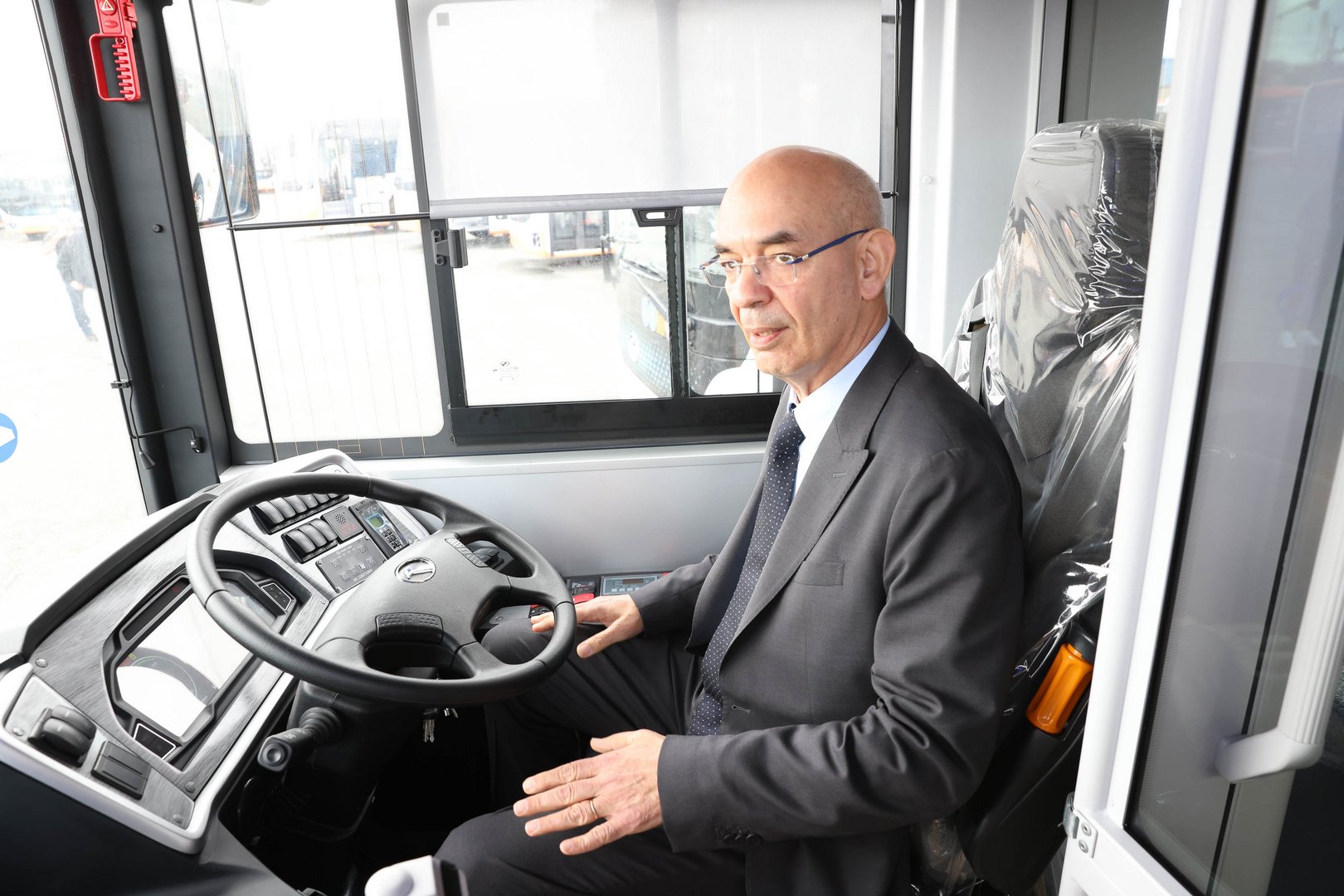The government on Thursday promised to soon deliver a ‘road map’ on tackling traffic congestion – but also pollution from vehicles – while warning that Cyprus could end up paying tens of millions for carbon allowances for emissions from transport.
In parliament, Transport Minister Alexis Vafeadis discussed with MPs a range of options under consideration.
In the short term, the construction of new roads – such as the one linking Saittas and Limassol – would somewhat alleviate traffic issues.
But the minister also pointed out that, with some 750,000 vehicles registered in Cyprus, available road mileage can’t keep up with the increase in the number of automobiles.
A key plank is beefing up mass transit. Here, Vafeadis said buses are the best option. Promoting bus travel and cycling would not only relieve congestion on the roads, but also help achieve carbon emission reduction targets.
“Unless we achieve these targets, we will soon have to pay green credits [carbon allowances] costing tens if not hundreds of millions of euro,” he told MPs.
“The year 2030 is very close, and we need to take action quickly. We can’t rely on electric cars only, because we don’t how fast the public will adopt them and, considering the supply-chain problems at this time, it’s a measure we are not convinced will bring the desired outcome.”
Imposing direct restrictions on vehicle travel – such as rotating between odd-number licence plates and even-number plates throughout the week – should be “a measure of last resort,” he said.
The minister also cited the health angle. Citing statistics, he said every year in the EU there occur some 400,000 premature deaths due to air pollution.
Among the ideas mulled is a ‘park and ride’ system. Also known as incentive parking or a commuter lot, a ‘park and ride’ is a parking lot with public transport connections that allows commuters and other people heading to city centres to leave their vehicles and transfer to a bus, rail system or carpool for the remainder of the journey. The vehicle is left in the parking lot during the day and retrieved when the owner returns.
On buses, the ministry wants to expand routes to include service for primary schools and kindergartens.
Vafeadis spoke of the need to upgrade the travel experience on buses, for example with more stops, or companies using specialised software issuing arrival alerts for customers.
Also for the short-term, the minister mentioned legislation currently being drafted that would allow for the swift removal of vehicles that get into accidents, where accidents do not involve injuries. This would help avoid traffic jams, especially during rush hour.
Longer-term measures might include the installation of ‘smart’ traffic cameras and other systems such as sensors.
Asked about trams for mass transit, the minister said all options are on the table – but what matters is which option works for Cyprus.
Having a tram is not an end unto itself, he added. Rather, the objective is to transport a large number of people.
“We will weigh the cost and take the appropriate decisions. The solution of the bus has a certain advantage, as it can be implemented much faster, whereas the tram would require massive infrastructure, so it’s not just the cost but also time considerations.”







Click here to change your cookie preferences